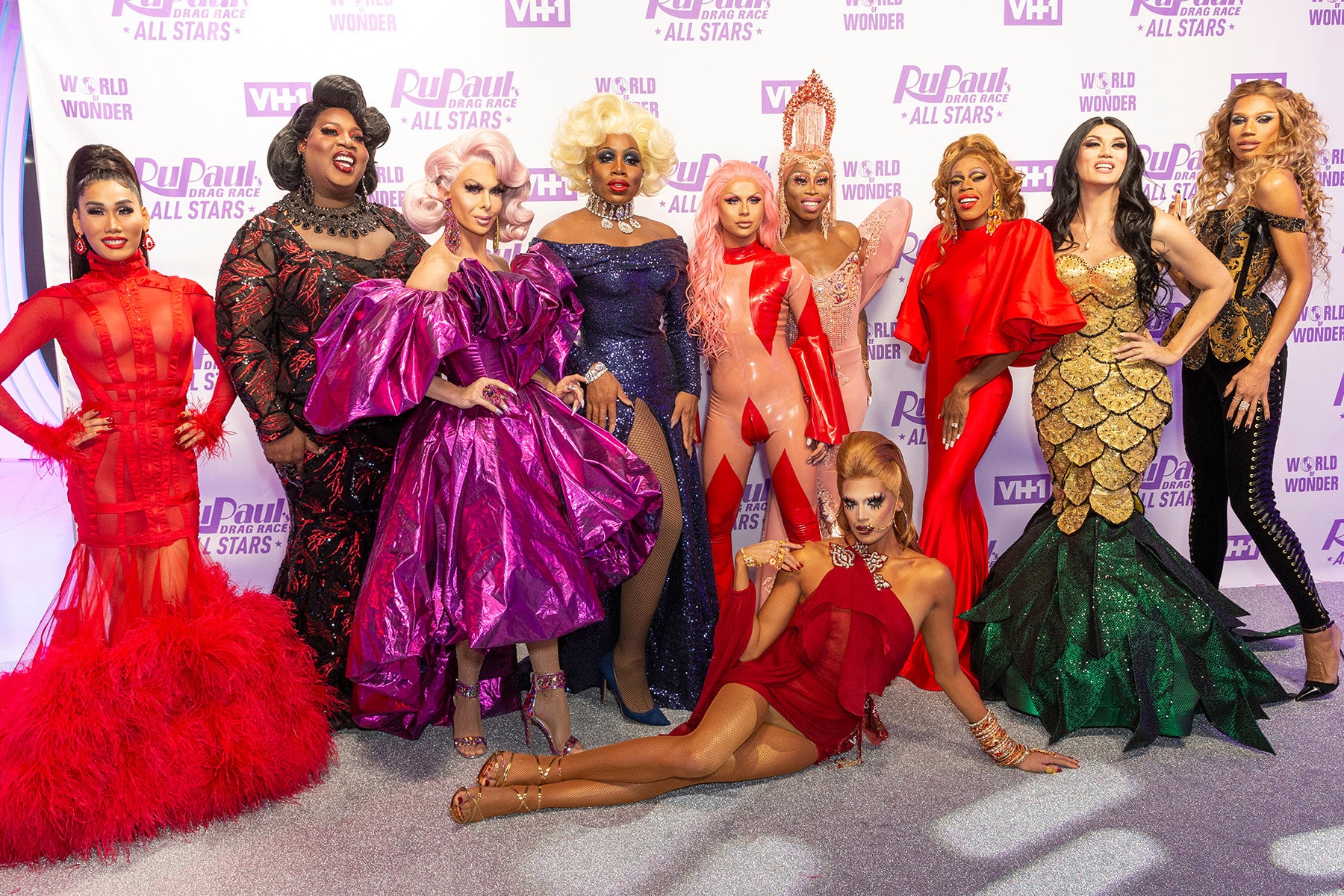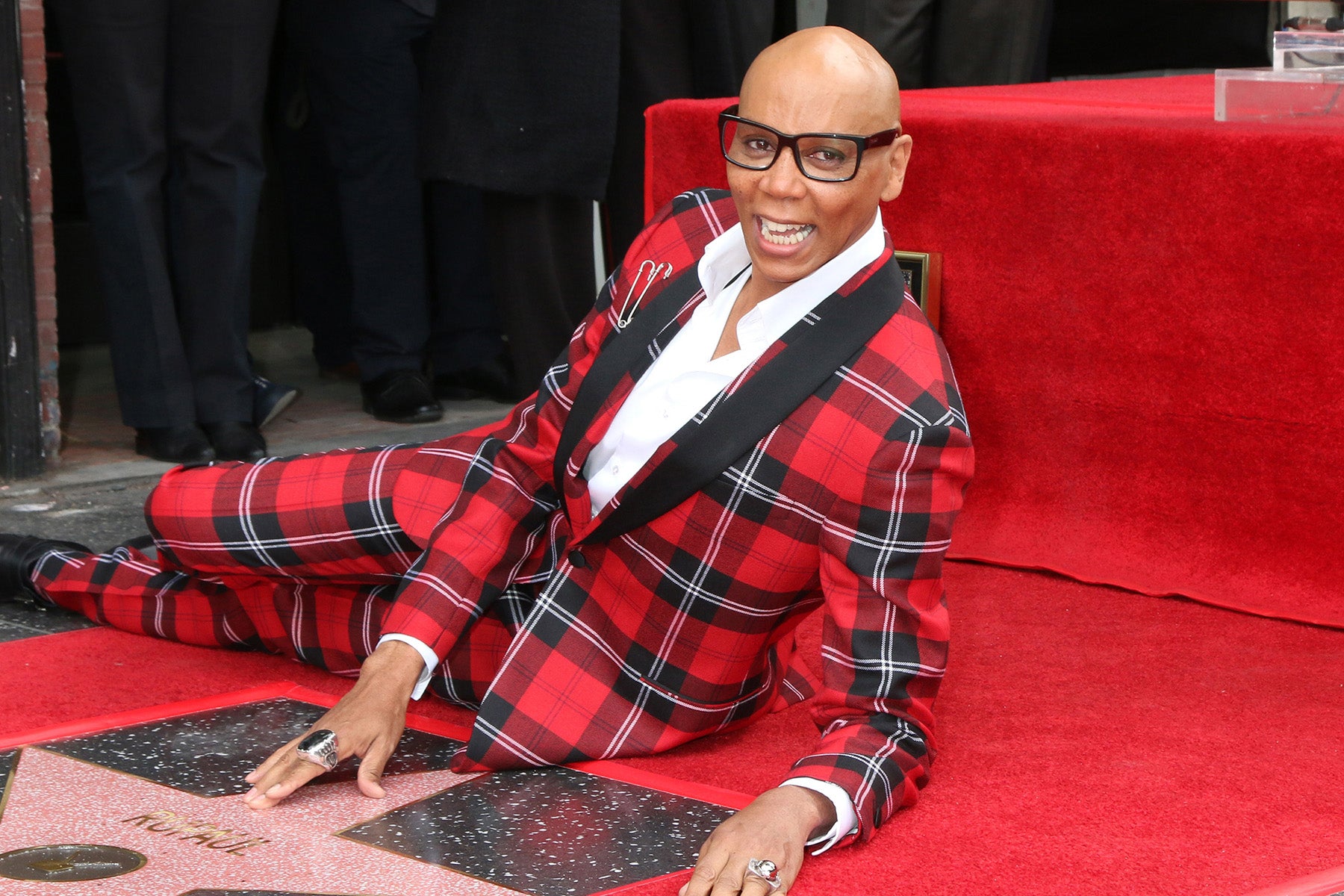
Today marks the time of year which, for the assorted queers of the world, feels like our Olympics. A moment where our very best battle it out in feats of athleticism, strength, and fortitude to find one who will be victorious. I am of course speaking about the new series of Drag Race.
RuPaul's Drag Race (now in it's 12th season) is a cultural monolith, arguably responsible for lifting drag out of gay bars and clubs, and into international spotlight. It has taken it's host RuPaul from a cult figure to the hallowed grounds of mainstream pop culture, positioning her as an ambassador to the heterosexual community for drag and drag culture. In the process it has made her a millionaire, with international spin offs, music tie-ins, merchandising, and fan conventions to her name. RuPaul has successfully become the go to figure in drag, able to dictate and define trends with the swipe of a pen on a casting form.

And yet, it is entirely this that is causing a lot of concern to many members of the LGBTQIA community, for as much as Ru might be an icon of drag, and someone who is held in huge esteem by the community, she also has a deeply uncomfortable and problematic side when it comes to who does, and does not, fit in her vision of drag. Despite a long and proud history of drag being a space for women, both trans and cis, RuPaul has been worryingly emphatic that in her mind the only drag she considers valid is that performed by cisgender men.
In a wide ranging interview with The Guardian, Ru stated,
“Drag loses its sense of danger and its sense of irony once it’s not men doing it, because at its core it’s a social statement and a big f-you to male-dominated culture. So for men to do it, it’s really punk rock, because it’s a real rejection of masculinity...".
In the same interview, Ru went on to compare transgender women in drag as being equivalent to Olympic athletes using steroids to gain an advantage. To list the long list of clumsy and offensive comments made by RuPaul, such as his insistence on a mini game entitled "Female or SheMale?", would take up a larger part of this article than necessary. What interests this writer (and trans queen) is that yet again Ru has cast no one but cisgender men in RPDR Season 12, again snubbing women, trans people, and anyone else who doesn't fit his myopic view of who is and isn't a drag queen.
In the last year alone, we have seen women in drag explode in popular culture, with the likes of Tete Bang on Channel 4's Drag SOS and Landon Cider, the enigmatic drag king who was the eventual winner of cult hit Dragula. For Ru to continually ignore this sector of our community would be merely embarrassing were it not as stated before that Drag Race is such a monolith in the LGBTQIA community.
When one person and one show has such a defining stake in who and what is considered valid in the drag economy, it should worry us all that they have such an outdated view of drag.

0 comments